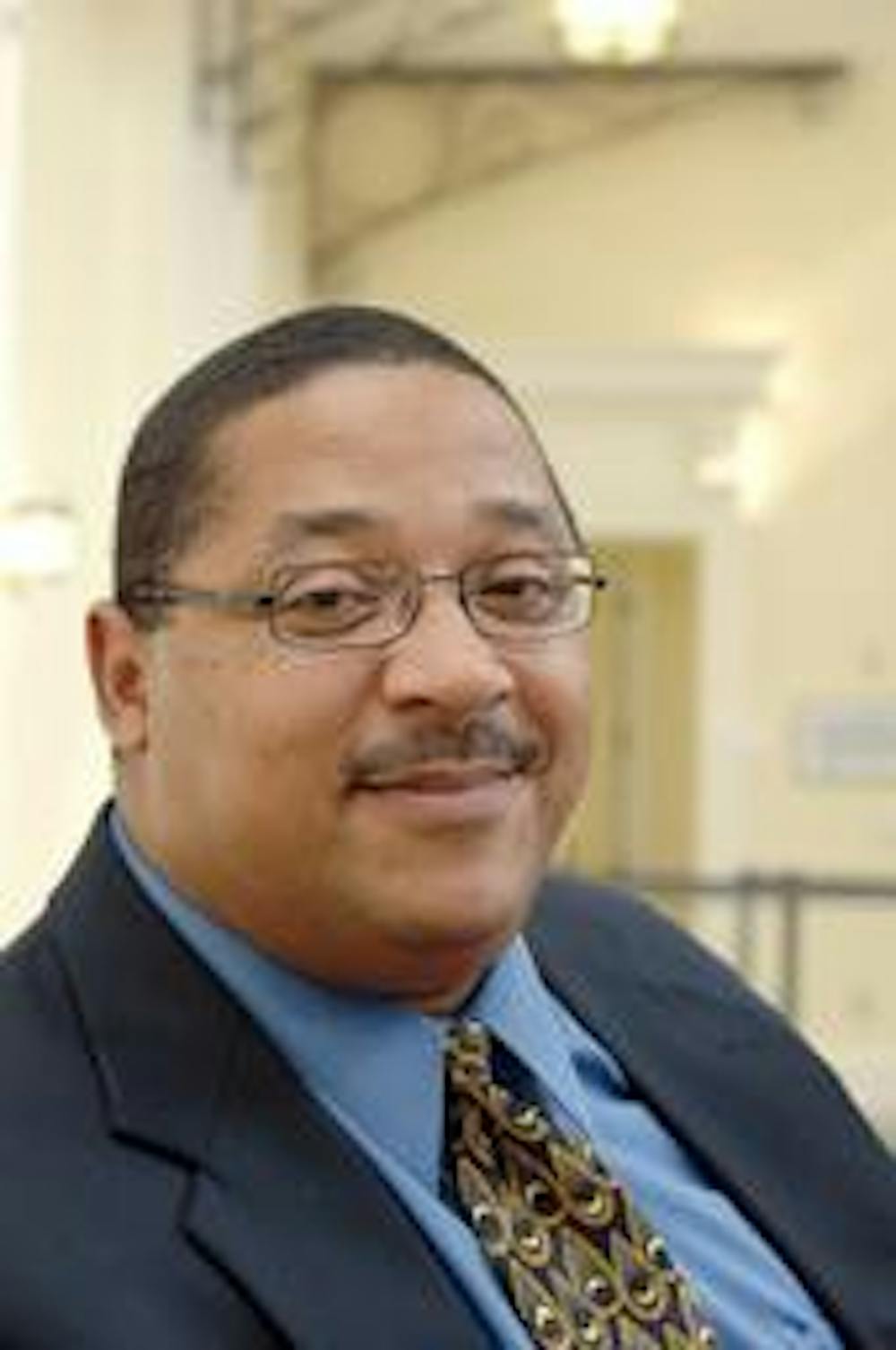And he wasn’t allowed the freedom of past IFC presidents. University officials were looking over his shoulder every step of the way. There wasn’t a time in 2010 when the University was not engaged in a formal review of the Greek system.
And with no noteworthy incidents, Piner can now breathe a sigh of relief.
“I’m so pleased,” he said. “We really don’t know the unknowns — what could have happened.”
Piner decided that, in order to begin to repair the system’s problems, changes had to be made to fall recruitment. So the IFC instituted two sharp changes to rush, moving it to the very beginning of the year and making it alcohol-free.
It wasn’t met with unanimous approval from fraternity members.
“I feel like a lot of people were questioning why we had to change our system,” Piner said. “But the leadership really understood we were at a time where we needed to make some concessions.”
Fall rush passed without any major violations. Leaders even noticed a drop in the number of parental complaints.
But an incident-free rush wouldn’t keep the Board of Trustees from deferring it solely to the spring. As pledge classes were coming together, the board’s University affairs committee was investigating that very possibility.
Roger Perry, a former chairman of the board, had suggested to fellow members of the committee in June that they take up the issue of moving recruitment, raising concerns about fall rush’s effects on incoming freshmen.
“I have a concern that being forced to go through rush at the beginning of their very first semester impedes their ability to assimilate into University life and to understand all the options that are available to them at the University,” Perry said in June.
In its research of peer institutions, the committee noticed one clear theme: Timing doesn’t determine success.
“There’s no clear consensus that recruitment in the fall or spring produces different results,” said Alston Gardner, chairman of the committee, in a September interview.
To get the day's news and headlines in your inbox each morning, sign up for our email newsletters.
At the Nov. 18 meeting of the board, Gardner introduced a resolution that would institute a performance-based model of recruitment. It was approved unanimously. The model continues to allow fall recruitment but requires a spring rush alternative. Meanwhile, the University can withhold the privilege of fall recruitment from under-performing organizations.
Perry said he still didn’t agree with the resolution, but he was willing to support it.
“I don’t think it addresses the issue of what’s best for first-semester freshmen,” he said in an interview after the meeting.
The news was welcome to Greek leaders, who strongly opposed a mandatory spring rush throughout the debate.
Brent Macon, president-elect of the IFC, said after the meeting that he welcomed the performance-based system.
“We’d love the chance to prove ourselves,” he said.
Crisp is now working on a presentation to the board in January, where he will report on the plan’s progress. The board mandated that the resolution take effect in August 2011. He said he will be ready with a road map in January.
“I think that we have clarified a lot of questions for people and I think we have begun to put a framework in place for how we’re going to go about the work,” he said.
Piner, a junior, said he is pleased to be able to pass on the leadership of an improving system to his successor.
But he’s counting the days until Macon relieves him in January.
“It’s been a long year,” he said. “But I think it’s been well worth it.”
Contact the University Editor
at university@dailytarheel.com.



